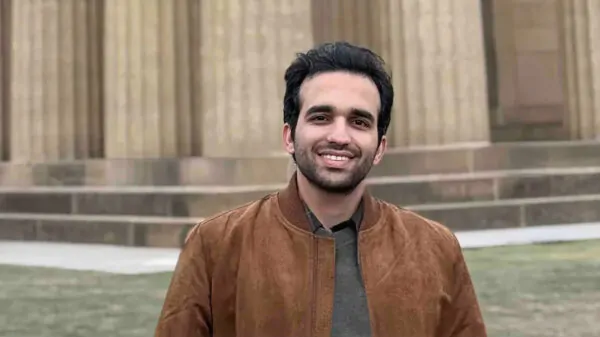By Brandon Moseley
Alabama Political Reporter
On Thursday, September 10, U.S. Senator Jeff Sessions (R from Alabama) released a written statement in response to President Barack H Obama’s (D) announcement that they plan to expand refugee resettlement operations inside the U.S.
Sen. Sessions said, “The United States has been doing more than its ‘fair share’ for decades. We have taken in 20% of global migrants, even as our country makes up only 5% of the global population. Every year, on autopilot, we resettle at least another 1 million migrants on a permanent legal basis in the United States. We lack the resources to properly screen those we are already admitting, with scores of visas issued to those subsequently indicted and convicted for terrorist activity. And, as one of the world’s leading debtors, we lack the funds to provide lifetime financial support to new arrivals: 9 in 10 Middle Eastern refugees recently admitted to the U.S. are on food stamps. As soon as they arrive, refugees become immediately eligible for all welfare programs available to U.S. citizens. More than half of all immigrants in the United States receive welfare.”
Sen. Sessions continued, “Middle Eastern nations should assume the primary task of absorbing this wave of refugees. Our guiding principle should be to help assist in the placement of refugees as close to their homes as possible, and to take such action as we are able to aid their return home in a stable situation. This strategy will not only reduce the numbers making dangerous treks, but will create more impetus for political reforms in the region.”
Sen. Sessions concluded, “Finally: the foreign-born population share in the U.S. is set to break all historical records. One-quarter of our country is presently an immigrant or the child of immigrants. The best thing we can do for these recent arrivals, and for all Americans, is to focus on improving economic conditions for those already living inside our borders.”
When the United States invaded Iraq, U.S. armed forces defeated the armed forces of Saddam Hussein relatively quickly. The Sunni terrorist group Al Qaeda (then headed by Osama Bin Laden) urged Islamist fighters from around the world to come to Iraq and fight the American forces as well as Shiites and Kurds. Al Qaeda of Iraq was eventually defeated by the U.S. military and they retreated across the border to Syria, where a despised Alawite religious minority under the Assad family ruled over a largely Sunni populace.
In 2012 the ‘Arab Spring’ led to the overthrow of military dictatorships in Tunisia, Egypt, and (with considerable American and European support) in Libya. A loose coalition of Sunni groups from across the political spectrum revolted against Assad (with international support). The Obama Administration threatened to intervene in Syria to help the rebels (like the U.S. and its allies intervened to help Libyan rebels overthrow their government). Massacres of Christians and others by the Syrian rebels eventually led to Congress questioning the wisdom of that strategy. Eventually the Free Syria Army was largely routed and the group of former Al Qaeda fighters from Iraq (who declared their independence from their parent group) emerged as the strongest of the Syrian rebel groups. President Obama once dismissed the group, now calling themselves the Islamic State of Syria, as the “Al Qaeda JV team.”
In 2014 the Islamic State of Syria invaded western Iraq. The largely Shiite government was widely unpopular with the Sunnis in western Iraq and several Iraqi Sunni tribes went over to the side of the invaders. The Shia army fled or surrendered. Vast stockpiles of weaponry supplied by the U.S. fell to the rebels. The group renamed itself the Islamic State of Iraq and Syria (ISIS). The second largest city in Iraq, Mosul, fell to ISIS. Religious and ethnic minorities including Christians and Yazidis across Syria and Iraq were executed and brutalized if they would not convert. Numerous women have been taken as sex slaves. Women who refused to have sex with ISIS fighters have been publicly executed. The violence has often been posted on the internet and serves to recruit more fighters from across the globe. An estimated 20,000 fighter from over 90 countries including the United States have served in ISIS’s army.
After taking Mosul, which was the first capital of the Caliphate following Islam’s expansion out of Arabia, the group declared they were the new Caliphate and have called all true (meaning they agree with ISIS) believers around the world to join them. They have now branched out into Libya where the U.S. backed government has largely collapsed. ISIS is an apocalyptic group. They believe that this is the end times and that they are destined to rule the Islamic world and that Jesus will come soon to judge the world.
People are fleeing the fighting, the persecutions, the violence and are filling up refugee camps in Turkey, Lebanon, and Eastern Iraq. Many are migrating to Europe where they hope to find new homes.
Sen. Jeff Sessions is the Chairman of the Senate Immigration Subcommittee.




















































